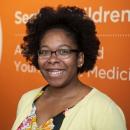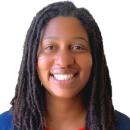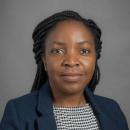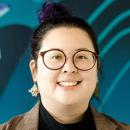The Adolescent Medicine Fellowship, which began in the mid-1970s, is distinguished by its strong training in a broad variety of clinical settings with diverse populations of adolescents and young adults, both in the hospital and in the community, as well as its emphasis on underserved populations. Clinical exposure and rotations include gender clinic, eating disorder care, reproductive health and gynecology, long-acting reversible contraception (LARC) clinic, reproductive endocrinology, inpatient consultation, as well as off-site rotations in school health, juvenile justice, eating disorder residential care, and sports medicine.
Major research in our division is focused on gender care, depression and suicidality, population-based prevention of risk behaviors, substance use prevention, and reproductive/sexual health. Because our research training strongly emphasizes public health, fellows can obtain a degree (MPH or MS) in health services or epidemiology from the University of Washington School of Public Health. The first year involves clinical training, with years two and three focused on scholarly projects in research or quality improvement.
Leadership Education in Adolescent Health (LEAH)
The University of Washington was awarded a Leadership Education in Adolescent Health (LEAH) interdisciplinary Title V training grant from the Maternal Child Health Bureau (MCHB) in the U.S. Department of Health and Human Services in 2012. We are one of nine programs in the country dedicated to training future leaders in five key adolescent health disciplines (Medicine, Nursing, Nutrition, Psychology, and Social Work).
Overview

The UW Adolescent Medicine Training Program focuses on the development of excellence in clinical, research and leadership skills in adolescent health and medicine with the goal of developing faculty who are interested in leadership in academics or public health. Our training is highly interdisciplinary, and our fellows interact with faculty and trainees from psychology, social work, nutrition and nursing. Training goals are accomplished through three venues: clinical experience, research experience, and coursework and didactic experiences.
Clinical Training
Clinical rotations occur both in the Children's Hospital and the community. Children's Hospital sites include the inpatient consultative service, outpatient Adolescent Medicine specialty clinic (gender care, reproductive health, gynecology, LARC, eating disorders, biofeedback), reproductive endocrinology and sports medicine clinics. Community sites include an HMO-based clinic, school-based health clinic, two juvenile detention center clinics, a public STD clinic, and an eating disorder residential facility.
Research Training
Our research training focuses on public health, behavioral, and epidemiologic research. Each fellow is encouraged to develop their own unique research interest and is assisted in identifying a team of mentors specific to that interest. Fellows may complete a degree in public health (MPH or MS) at the University of Washington in their second and third years. In addition to MPH coursework, fellows are required to participate in research conferences that are specific to adolescent trainees and designed to enhance other training experiences. For fellows with strong interest in research, we have a variety of T32 fellowships with whom we partner to provide mentorship and advanced research training.
Didactic Components
The didactic portion of the program consists of a series of lectures, seminars and case conferences led by board certified adolescent medicine faculty as well as invited speakers and experts. Additionally, the adolescent medicine fellows develop and present several of their own lectures on various adolescent health related topics and are encouraged to develop their own teaching portfolio.
Requirements and Timeline
- The Adolescent Medicine Fellowship accepts individuals who have completed residencies and are board eligible in Pediatrics, Internal Medicine or Family Medicine.
- Due to funding constraints, we are only able to accept individuals who have US citizenship or permanent resident status. We are not able to have candidates with J-1 or other visas.
- Applicants should submit:
- a completed application
- a personal statement describing their interest in adolescent medicine including potential areas of research focus
- a copy of their CV
- a medical school transcript, and
- 3 letters of recommendation.
- We participate in ERAS and the NRMP. Applications will be accepted electronically. Application submissions open in July of the year prior to the anticipated start of fellowship.
- We are happy to talk with interested applicants to provide more information about our program at any time and encourage applicants to email or set up a phone interview with the fellowship director early in the process.
The Division of Adolescent Medicine, in striving for excellence, values diversity of ethnicity, experience, gender and age; all are encouraged to apply.
Seattle Children's Hospital
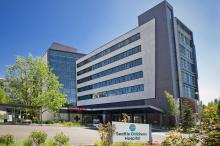
Seattle Children's Hospital is both a community hospital for greater Seattle and the pediatric referral center for the Northwest providing excellent pediatric care to meet the medical, surgical and developmental needs of children in the WWAMI region (Washington, Wyoming, Alaska, Montana, and Idaho). Serving as the main clinical training site for pediatric residents, this 423-bed hospital is conveniently located 1.5 miles from the University of Washington campus in a residential neighborhood of Seattle. The staff consists of University faculty and Seattle Children's full-time physicians.
Additional Information
King County Juvenile Detention
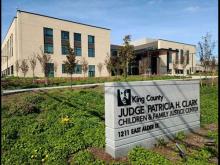
The King County Juvenile Detention health clinic is responsible for the medical and mental health care needs of youth while they are detained in Juvenile Detention. Fellows work alongside clinic staff and faculty to manage health concerns including acute illness, injury, sexually transmitted diseases, drug intoxication, pregnancy, and chronic illnesses such as diabetes.
Kaiser Permanente Adolescent Center
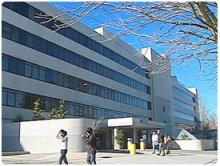
Kaiser Permanente Washington is an integrated health care system with over 20 full-service medical centers throughout the Puget Sound region. Fellows participate in a rotation in the Adolescent Center, an interdisciplinary health care program that provides comprehensive, integrated, medical and behavioral health treatment for adolescents 11-17 years of age.
Echo Glen Children's Center

Echo Glen Children’s Center in Snoqualmie is a medium/maximum security facility that provides treatment services for younger male offenders. It is the only state-run institution for female offenders up to age 25 years. Echo Glen provides educational and behavioral treatment services for a wide range of youth with varying needs including Dialectical Behavior Therapy, Anger Replacement Training, and substance use treatment including medications for opioid use disorder. It is also known for its Canine Connection program, which allows youth to train future service animals.
School-Based Health Clinics
NeighborCare school-based health centers are teen full-service health clinics that provide physical and mental health care to the students of Roosevelt and Chief Sealth High Schools in Seattle. The centers are operated by NeighborCare Health and partially supported by the Families and Education Levy. NeighborCare Health staff work in partnership with the school nurse at all school sites to help students do better in school by working to solve physical and mental health problems, preventing serious illness, and promoting healthy lifestyles.
Other Adolescent Medicine Fellowship Sites
Other training sites include Sports Medicine Clinics and could include Seattle Children’s Research Institute, Harborview Medical Center, University of Washington Medical Center, Eating Recovery Center, and Pathways Substance Use Disorder Treatment Center.
Fellowship Leadership
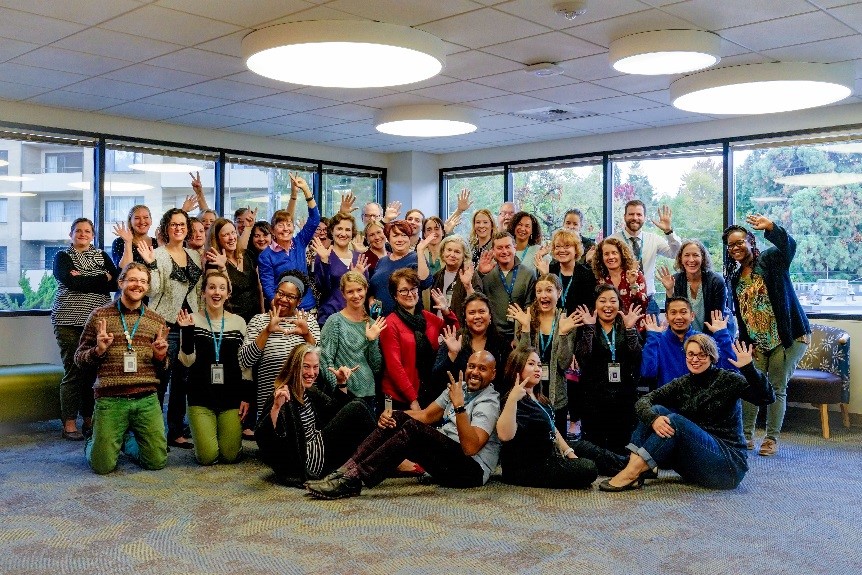
Current Fellows
 | Brittany Walker, MD (2025-2028) |
Image
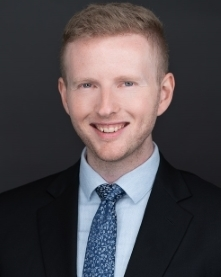
| Willy Sherrerd-Smith, MD (2024-2027) |
Alumni
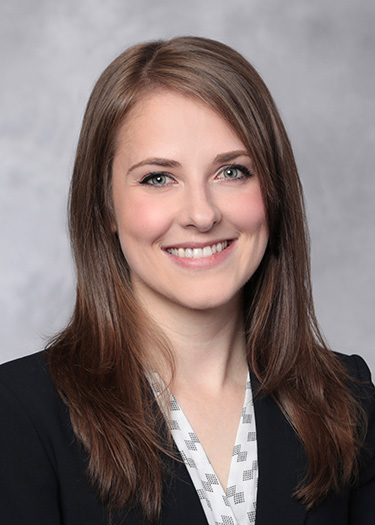 | Caitlin Camfield, MD |
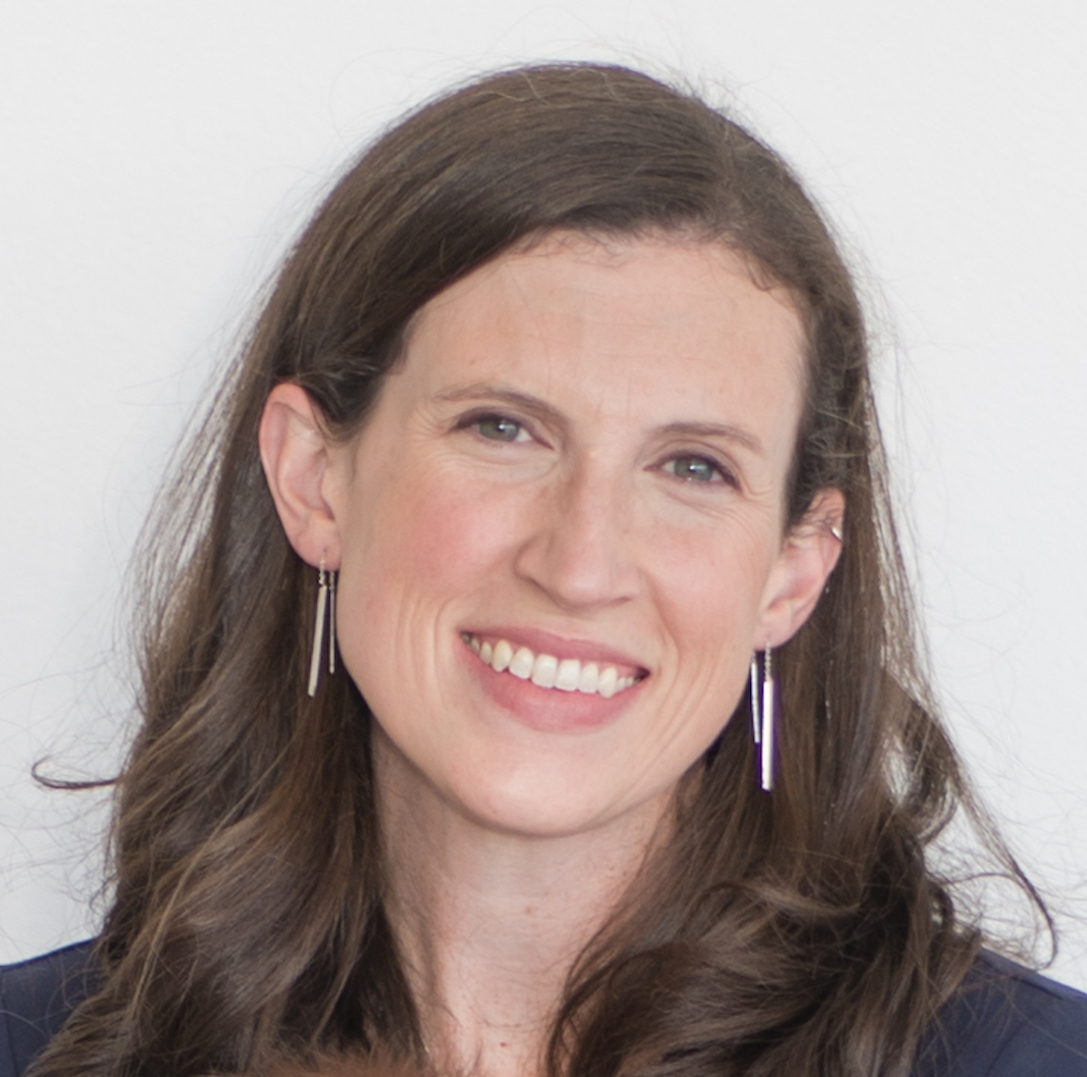 | Janis Sethness, MD |
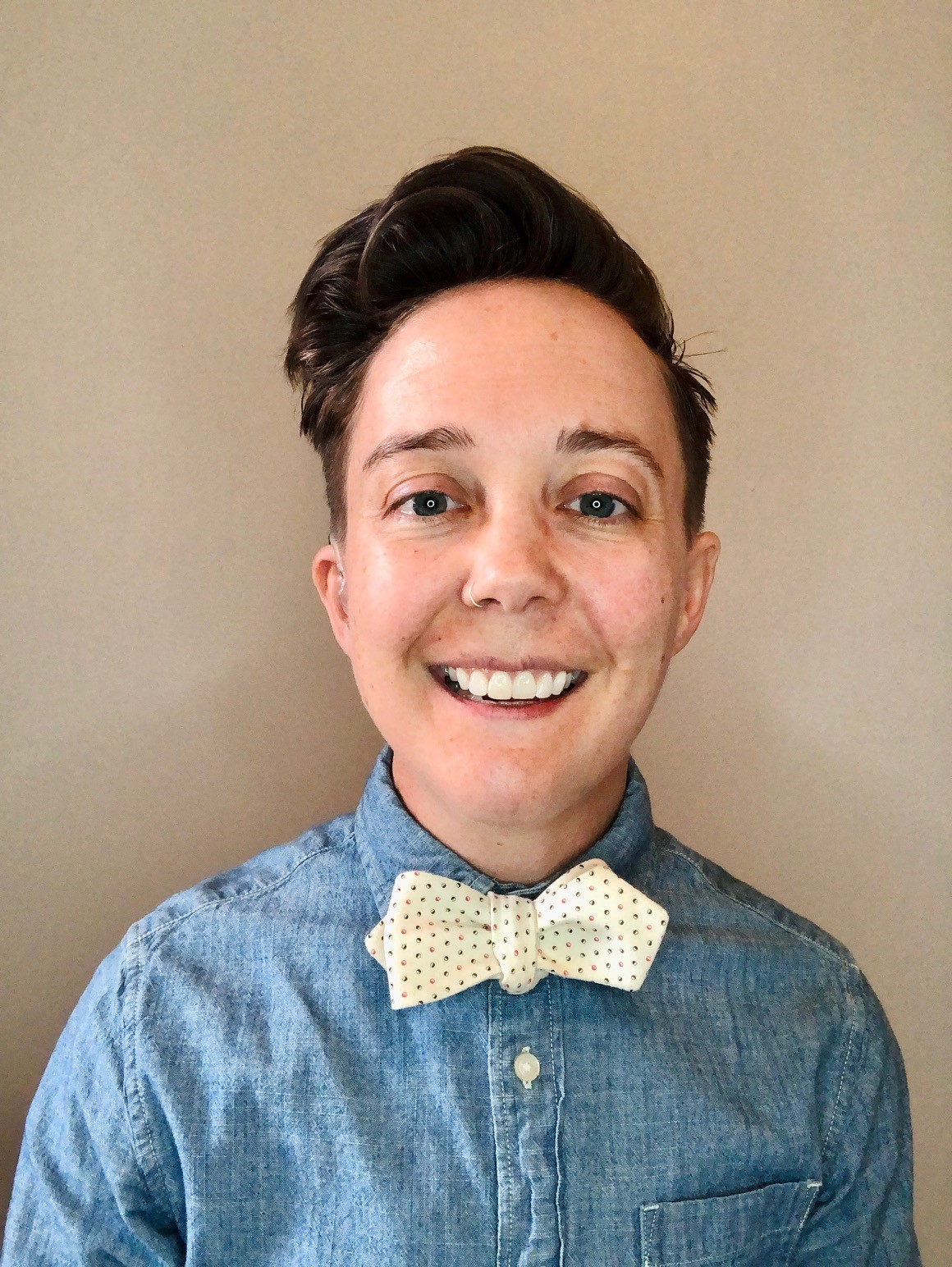 | Liz Abernathy, MD Assistant Professor |
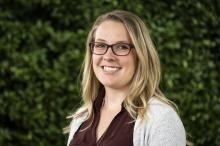 | Jillian Hagerman, DO Adolescent Medicine Specialist |
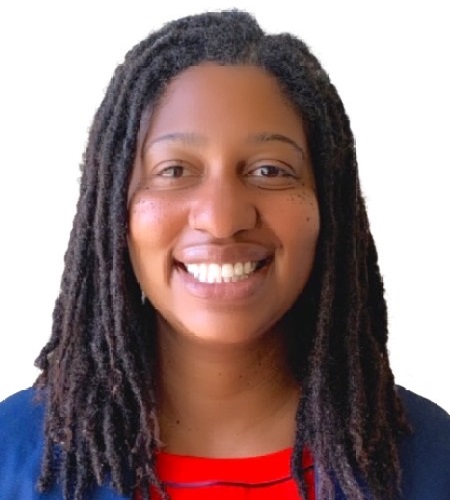 | Claudia Douglas, MD Acting Assistant Professor |
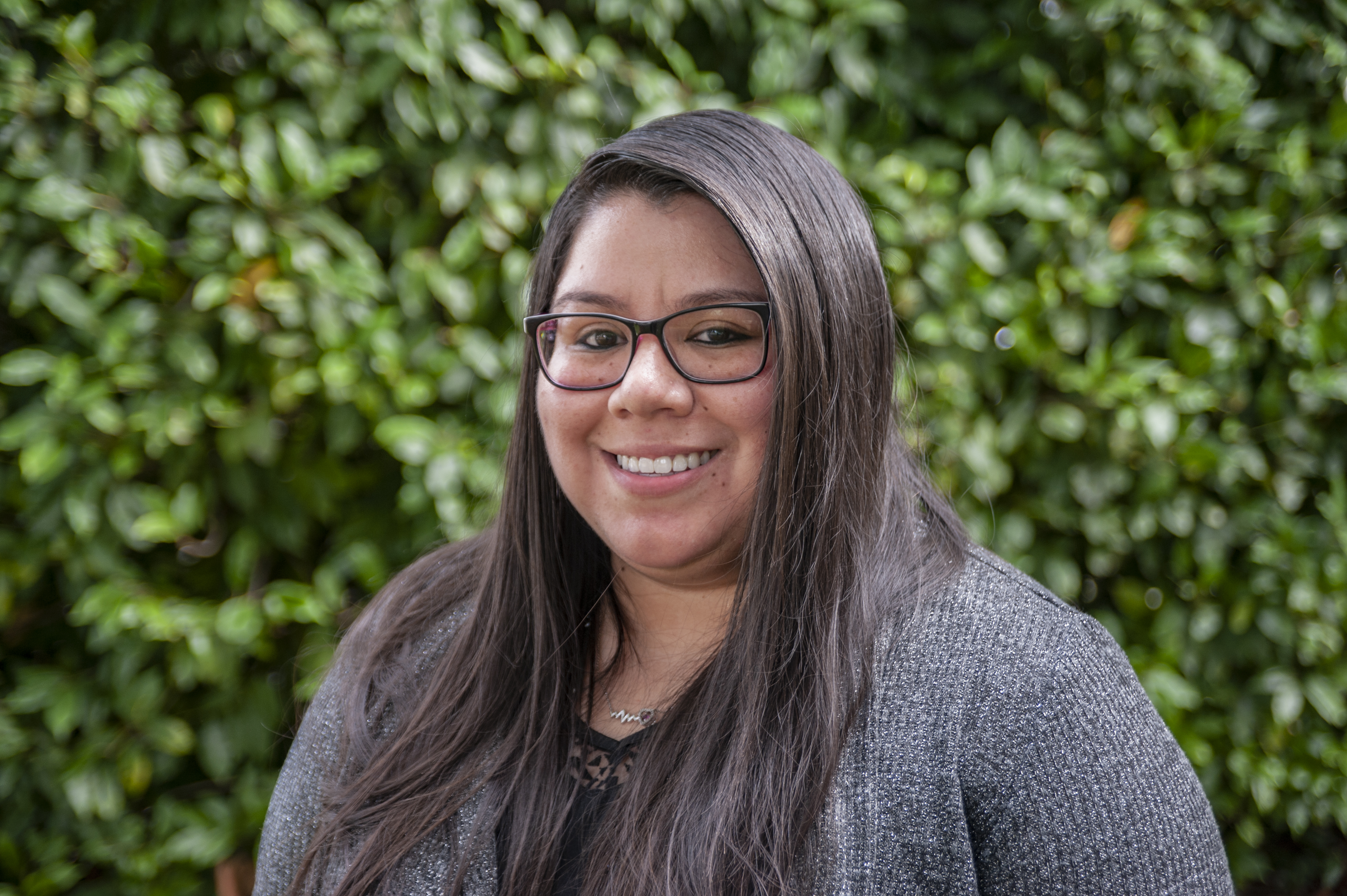 | Crystal Cuellar, MD Assistant Professor, Clinical Director |
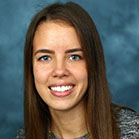 | Alana Otto, MD, MPH Assistant Professor of Pediatrics |
 | Do-Quyen Pham, MD, MPH School Health and Maternal Child Health Fairfax County Health Department; Fairfax County, VA |
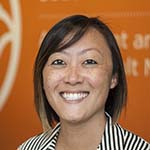 | An Pham, MD, MPH Assistant Professor |
 | Holly Schroeder, MD, MPH Clinical Instructor |
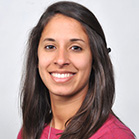 | Raina Vachhani Voss, MD Assistant Professor of Pediatrics |
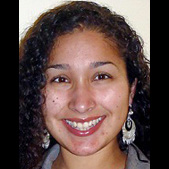 | Jasmin Zavala, MD Pediatric Specialist at SeaMar Community Health Centers |
 | Sara Chrisman, MD, MPH Associate Professor of Pediatrics |
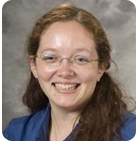 | Ellen Selkie, MD, MPH Assistant Professor of Pediatrics |
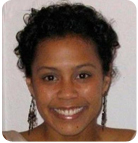 | Brandi Shah, MD, MPH Assistant Professor of Family Medicine |
 | Andrea Hoopes, MD Pediatric and Adolescent Specialist |
 | Michaela Voss, MD Assistant Professor of Pediatrics |
 | Kym Ahrens, MD, MPH Professor of Pediatrics, Associate Program Director of the Adolescent Medicine Fellowship, University of Washington School of Medicine and Seattle Children’s Hospital |
 | Tovi Avnon, MD Clinical Instructor Fircrest RHC |
 | Cora Breuner, MD, MPH Professor of Pediatrics, Adjunct Professor of Orthopedics and Sport Medicine University of Washington School of Medicine and Seattle Children’s Hospital |
 | Yolanda Evans, MD, MPH Associate Professor, Adolescent Medicine Division Head University of Washington School of Medicine and Seattle Children’s Hospital |
 | Ann Giesel, MD Professor Emeritus of Pediatrics Adjunct Clinical Professor of Obstetrics and Gynecology University of Washington School of Medicine and Seattle Children’s Hospital |
 | Rachel Katzenellenbogen, MD Associate Professor of Pediatrics, Chief of Adolescent Medicine Indiana University School of Medicine at Indianapolis |
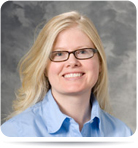 | Megan Moreno, MD, MPH Professor, Academic Division Chief, Vice Chair of Digital Health University of Wisconsin School of Medicine and School of Public Health |
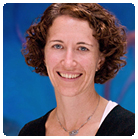 | Laura Richardson, MD, MPH Professor of Pediatrics University of Washington School of Medicine and Seattle Children’s Hospital |
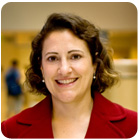 | Taraneh Shafii, MD, MPH Associate Professor of Pediatrics University of Washington School of Medicine and Seattle Children’s Hospital |
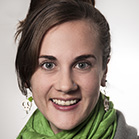 | Laura Burkhart, MD Assistant Professor of Clinical Medicine Vanderbilt University Medical Center and The Zerfoss Student Health Center |
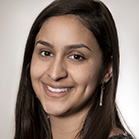 | Jessica Serrano, MD Assistant Professor of Pediatrics Oregon Health & Science University |


